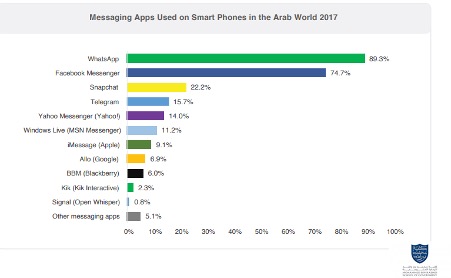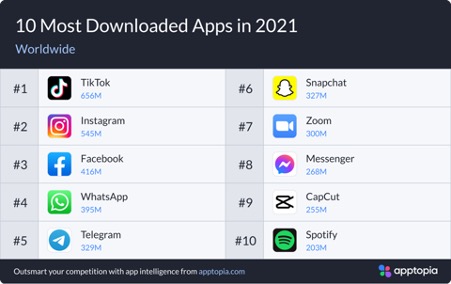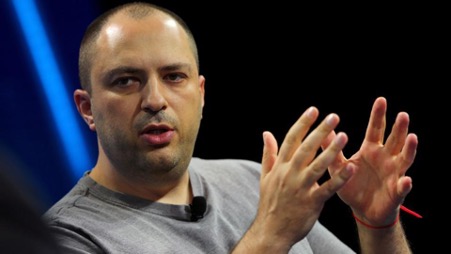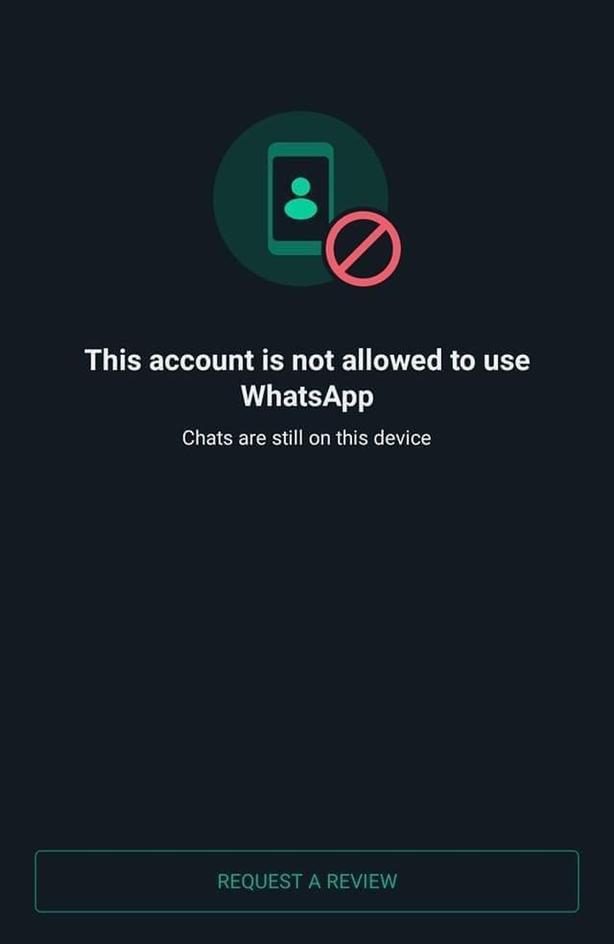Waze, the navigation app, previously called FreeMap Israel, has headquarters in Ra’anana city, which Palestinians were forcefully evicted from in 1948.
In early September, Meta-owned WhatsApp banned a plethora of Palestinian accounts from the platform.
Palestinian journalist, Jalal Abukhater, reported that WhatsApp accounts of senior Palestinian Authority and Palestinian Liberation Organisation members were purged amidst a series of bans. This is the latest red flag signalling the issues of relying on pro-Israel platforms such as Meta, which owns Facebook, Instagram, WhatsApp and more.
WhatsApp is the most popular messaging platform in the world. Research conducted in 2017 found that 89.3% of smartphone users use the app. This was followed by (Facebook) Messenger at 74.7%. Snapchat is the highest ranked non-Meta app on the list, used by 22.2% of smartphone users.

Banning Palestinian voices doesn’t just restrict communication within the region but impacts how the world perceives Israel’s illegal occupation of Palestine.
Social media has made it possible for anyone to record and spread viral posts, giving everyone a voice online, which can impact how people feel offline. Cutting the spread of Palestinian voices at the root means that we’ll now hear less from Palestinians and more from their occupiers.
WhatsApp isn’t the only Meta-owned business engaging in unfair practices targeting Palestinians. Instagram is infamous for constantly banning and suppressing Palestinian voices online too.
Last year, Doha News reported on Instagram’s Palestinian censorship, citing how the company banned activist Muna Kurd, took down stories from Bella Hadid and deleted posts of Al Aqsa mosque referring to the holy mosque as a “violence or a terrorist organisation”.
This censorship is even more concerning considering the large scale capacity of Meta. In 2021, the social media conglomerate dominated the App Store’s most downloaded list, with three apps in the top five and another in the top 10.

Mark Zuckerberg, CEO of Meta, often describes the company’s apps as a digital town hall where conversations take place. Given the apps’ large user base, he isn’t wrong. As a result, we’ve got a large private company, where essentially all online conversations take place, dictate the narrative of human-rights issues to suit its own agenda.
Two months ago, WhatsApp’s cofounder donated $2 million to the United Democracy Project, a PAC (Political Action Committee) that promotes candidates “that support the United States’ partnership with Israel“. According to The Annenberg Public Policy Center, the organisation “works to help elect candidates that share [their] vision and will be strong supporters of the U.S.-Israel relationship in Congress”.

Zionists will be quick jump to the “anti-semitic” argument when such allegations are made because it’s easier to mislabel human-rights advocates than to disprove factual instances of oppression and double standards imposed by large social media companies.
Earlier this year, when Russian forces attacked Ukraine, Meta altered its guidelines to allow for “violent speech… targeting Russians where it’s clear that the context is the Russian invasion”. However, as pointed out at the time, such freedom wasn’t given to Palestinians, in fact, simply posting a picture of the country’s holy mosque could get someone’s account suspended.
Israeli businesses make their way into private lives through phones
While Meta actively bends its rules to support Israel, the oppressive Israeli regime has got other tactics to legitimise itself while delegitimising Palestine.
The Israeli government heavily invests in its tech sector, turning it into a hotspot for digital startups. The result: Israeli apps dominating Middle Eastern phones.
Take Waze, a navigation app that competes with the likes of Google Maps. The app, previously called FreeMap Israel, is used by many Palestine supporters. If you live in Qatar, ask people in your circle if they use Waze and find out how many of them knew it’s an Israeli business.
Google acquired Waze in 2013 for over $1 billion. However, the company still operates on occupied land. Waze is based in the city of Ra’anana, which previously was a small settlement that expanded over the occupied Palestinian village Tabsur.
In 1948, residents of Tabsur were forcefully evicted by Haganah (later IDF), which had a policy of cleansing out Arabs from that region. When Palestinians were forced out of their homes, Israeli settlements expanded and were built over the remaining land. This is where Waze’s offices are.
It’s clear that long term, we need to invest more in Palestinian and Pro-Palestinian businesses. The former will ensure the country legitimises itself against a large oppressing force, while the latter will resist a narrative that’s skewed by biased multi-billion dollar businesses.
What can you do to fight digital apartheid?
Meanwhile, we all have a responsibility to do more to support Palestine.
Firstly, we need to acknowledge that downloading apps such as Waze makes us complicit in supporting the illegal Israeli occupation. While the alternatives are often complicit businesses, such as Google, it’s better to use a Google service than a company operating within an apartheid state.
By using Waze, we’re fueling the growth of an Israeli business built on occupied land. Additionally, Waze’s co-founder Uri Levine constantly invests in other Israeli businesses and partners with Israeli investment funds. Therefore, using Waze not only accelerates the growth of one Israeli business but supports the development of the occupied region as a whole.
Secondly, we should reduce our dependence on apps that don’t have our interests in mind. When Ukraine was first oppressed by Russia this year, Meta bent its rules in solidarity with Ukrainians. However, those oppressed by regimes in Palestine, Syria and other Middle Eastern countries were never given this privilege.
It’s unrealistic to completely cut out Meta products from your phone overnight. This post will get shared on Meta’s platforms for visibility as that’s where the audience currently is, and until viable alternatives are available, it’s likely to stay this way. But we can all slowly start shifting our reliance from the giant platform.
You can download an app such as Telegram, for example, and start speaking to with your friends there. Slowly but surely, we can reduce our dependence on Meta and hopefully shift to a Pro-Palestine service when such business exists.
Thirdly, we should do our best to support Palestinian businesses. This includes buying from Palestinian e-stores, reading news from Palestinian websites or downloading apps built by Palestinians.







